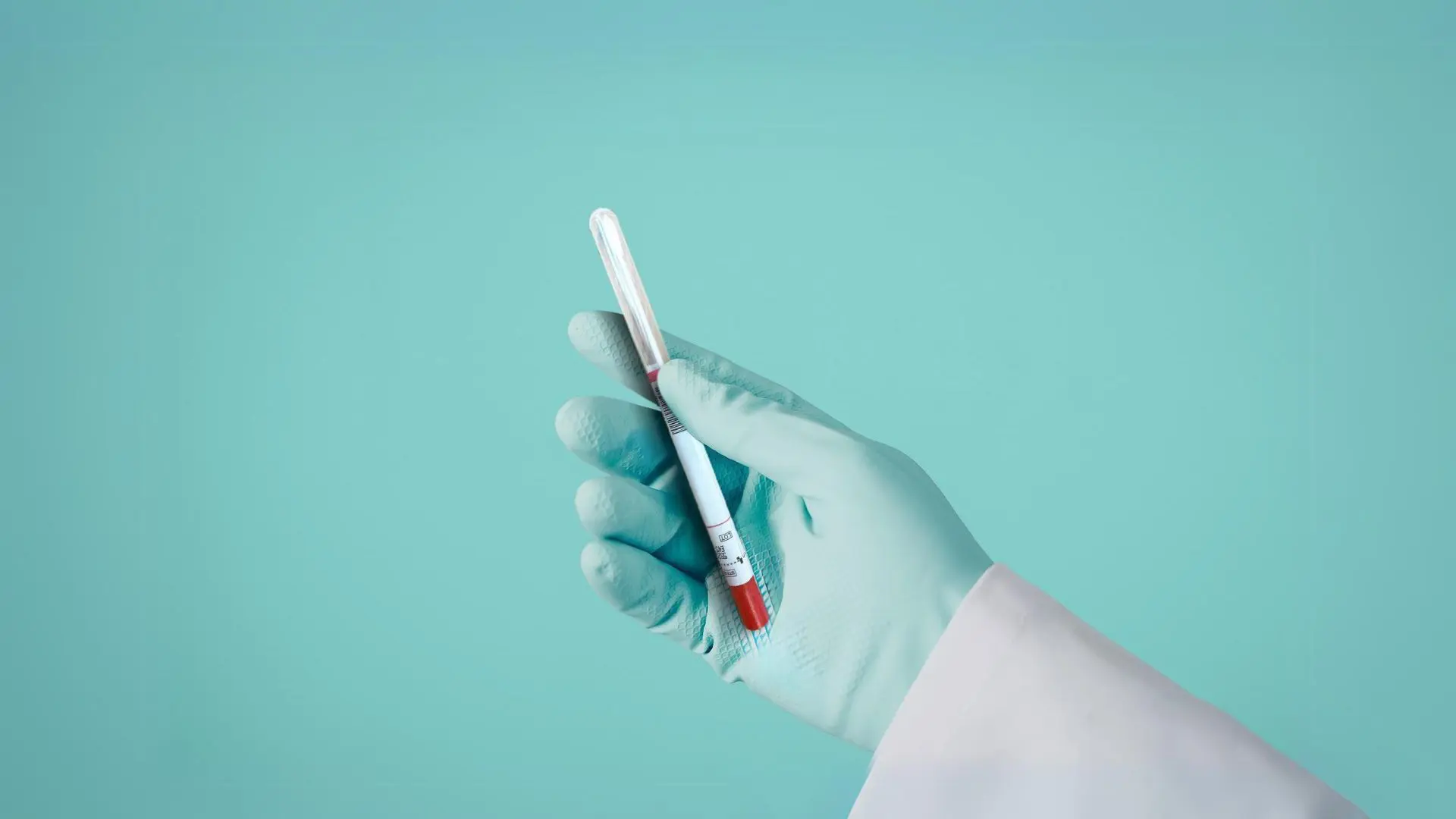Excess intake of salt poses a risk to human health, especially as it may harm the intestinal microbiota. Since ancient times, salt has played an indispensable role in the processing, preservation, and seasoning of food. People have relied on salt to control microbial growth, prevent food spoilage, and also to create a variety of fermented foods, such as salami, cheese, and pickles. In the past, the value of salt was even on par with currency, used to pay wages during the Roman era. In modern times, salt has become an essential element in our diet, with the level of salt content in food gradually increasing alongside the advancements in food processing technology.
However, studies show that a high-salt diet is not only associated with increased rates of hypertension, heart disease, and stroke, but also raises the risk for conditions like gastric cancer, colon cancer, Meniere’s disease, osteoporosis, and obesity. A potential reason for these health problems due to excessive salt intake is the alteration of the intestinal microbial communities.
The sodium element in salt is crucial for regulating water in the blood vessels. An increased sodium content in the blood leads to the vessels absorbing more water, causing an increase in blood pressure and therefore raising the risk of cardiovascular disease. Recent studies have revealed another pathway through which salt influences blood pressure, namely by altering the composition of microbes in the human gut. Under a high-salt diet, beneficial microbes in the gut decrease, along with their production of important metabolites such as short-chain fatty acids, which not only helps to reduce vascular inflammation but also aids in vasodilation and effectively lowers blood pressure.
According to the World Health Organization (WHO), an adult’s daily sodium intake should not exceed 2000 milligrams. However, the global average daily sodium intake per person is 4310 milligrams, far exceeding the recommended value. This excessive salt intake threatens the microbial communities in the gut, extending beyond their normal growth range.
Besides affecting blood pressure, salt could also precipitate other health risks by impacting the intestinal microbiota. Studies have found that higher salt content in diet and feces is correlated with metabolic disorders, such as elevated blood sugar, fatty liver, and weight gain. It is estimated that for each additional gram of sodium in the daily diet, the risk of obesity increases by 15%. Moreover, past research by the National Institutes of Health (NIH) showed that people who eat ultra-processed foods consume about 500 more calories a day and gain about 2 pounds more weight compared to those who eat natural foods, with the main difference between the two diets being the higher sodium content in ultra-processed foods.
Salt itself contains no calories, so why would consuming more salt lead to weight gain? Many scientists believe that sodium can increase appetite, and therefore, consuming more salt may lead to increased food intake, indirectly leading to higher calorie intake and weight gain.
Combining sodium, monosaccharides, and unhealthy fats creates many tempting “delicacies” that stimulate the reward centers in the brain, leading to addiction-like eating habits and possibly to a continual increase in body fat. Additionally, excessive salt intake not only stimulates appetite but may also interfere with the intestinal microbiota and affect its metabolic pathways.
Metabolic products produced by gut microbial communities normally stimulate the secretion of the GLP-1 hormone, which plays a crucial role in controlling appetite and blood sugar levels. In fact, some bestselling weight loss drugs globally, such as semaglutide, mimic the GLP-1 hormone to exert their effects. However, a high-salt diet may disrupt the secretion of GLP-1 hormone and affect the body’s decision-making process regarding the consumption or storage of energy.
Given the risks of a high-salt diet, countries around the world have begun promoting a low-salt lifestyle. For instance, in the United States, certain measures, including restrictions on salt intake, improvements in packaging labels, and the implementation of a salt tax, have begun to show effects: people’s blood pressure levels have decreased, and the mortality rate due to heart disease has also fallen.
In our daily diet, there are also some simple and effective methods to help us reduce salt intake while maintaining the health of our gut microbes:
- Reduce the intake of ultra-processed foods, which often contain high levels of salt and sugar.
- Choose natural foods high in potassium and fiber, such as beans, nuts, seeds, whole grains, fruits and vegetables.
- While fermented foods have a high sodium content, they also contain healthy short-chain fatty acids, fiber, and polyphenols.
- Maintain a balance between sodium and potassium intake, which is very important for maintaining fluid balance inside and outside cells.
It is important to note that while no advice is absolutely correct, a definite conclusion is that a high-salt diet is very unfriendly to gut microbes.







